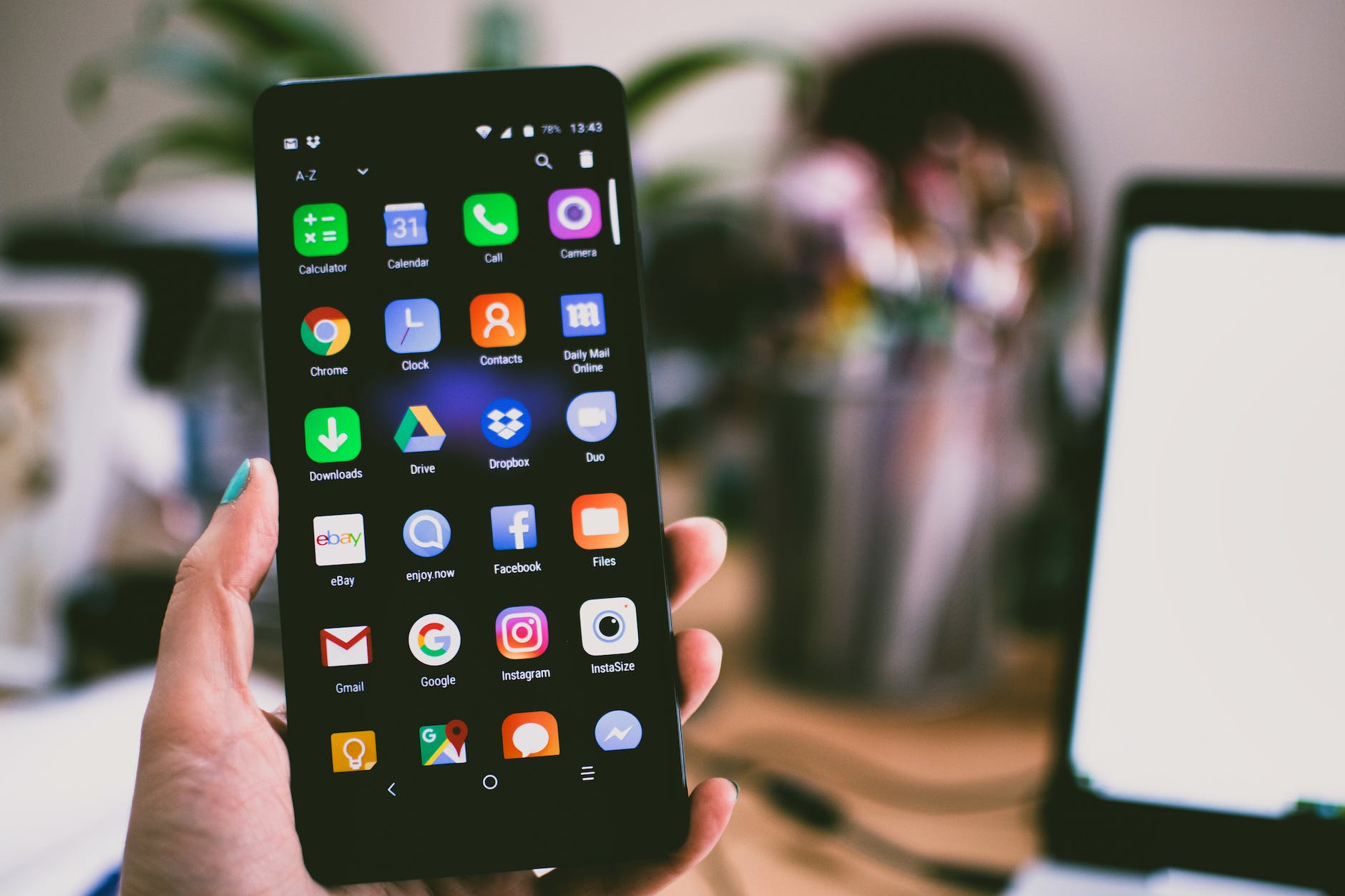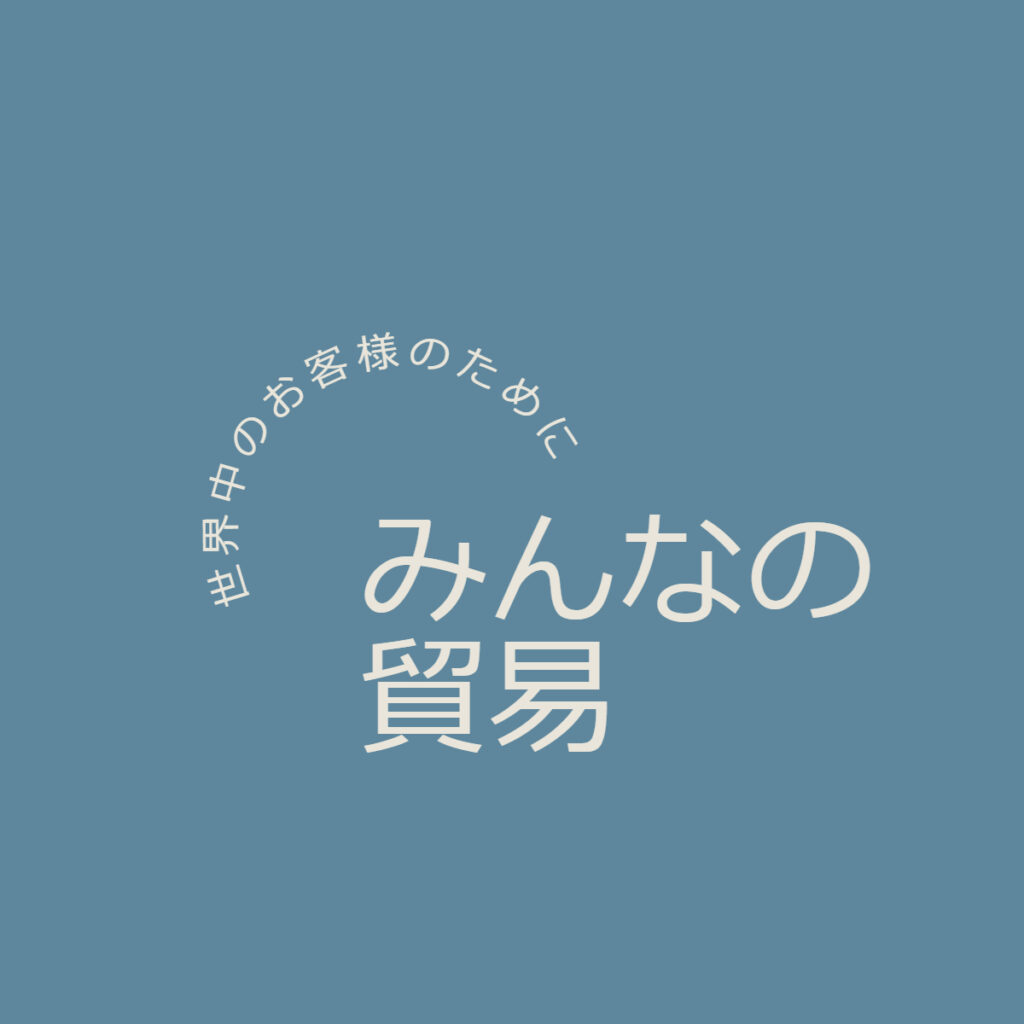【Question】
I wanna export a smartphone to Japan, what should I do? I don’t understand at all!
【Answer】
Everyone has a smartphone, so it seems easy to export it to Japan, but there are three things you need to be careful about.

1.What is the Radio Law?
Something that is often forgotten, but also important, is the Radio Law.
The Radio Act does not impose restrictions on imports, so imports of Japan can still be made.
However, if you are involved in importing, it is something you should know. In modern times, radio waves are used in a variety of devices such as smartphones, computers, Wi-Fi devices, and Bluetooth, and this is a very important law when it comes to sales.
We tend to think that radio waves are invisible and can be used for anything! However, in reality, if multiple people use the same frequency at the same time, it becomes unusable and may cause problems with public communications.
Now, let’s take a look at the details of the Radio Law.
I am quoting the provisions of the Radio Law verbatim.
(the purpose)
Article 1 The purpose of this law is to promote public welfare by ensuring the fair and efficient use of radio waves.
(definition)
Article 2 The following definitions shall apply to the interpretation of the provisions of this Act and orders based on this Act.Quote:Japan Ministry of Internal Affairs and Communications website
- “Radio waves” refers to electromagnetic waves with a frequency of 3 million megahertz or less.
In other words, it does not mean that you can use any radio waves as you like, but the purpose must be to “promote public welfare” in accordance with the law.
Therefore, the following laws and methods of using radio waves have been established by law.
When using terminal equipment such as telephones, fax machines, modems, etc. connected to a telecommunications carrier’s network, users should, in principle, confirm that the terminal equipment complies with the technical standards based on the Telecommunications Business Law. There is a need.
Quote:Japan Ministry of Internal Affairs and Communications website
However, when connecting a device that has been certified as conforming to technical standards by a registered certification body and has been affixed with an indication (technical compliance mark) specified by the Ministry of Internal Affairs and Communications ordinance, the user of the terminal device must , and can be connected and used without having the connection inspected by a telecommunications carrier. (Article 69 of the Telecommunications Business Act)
In other words, importers and users need to check whether the “Technical Conformity Seal” issued by a registered certification body is affixed to the product.
Be careful not only with the importer, but also with the customers who use it!
However, it is said that it is very rare for imported products such as those sold on e-commerce sites to be affixed.
If you are a promising person like me and read my blog, please get certified for use in Japan by an organization designated by the Ministry of Internal Affairs and Communications before importing!
2.Why be careful about Bluetooth?
Bluetooth devices sold must obtain Bluetooth certification as determined by a private organization called Bluetooth SIG.
However, if you want to resell another company’s products (and not treat them as your own), you need to check whether the products are already certified.
In other words, if you are importing and selling it as another company’s brand, you will need to confirm that it has been certified, but there is no particular need for Bluetooth certification.
Please note that in the case of an in-house brand or new development, registration with Bluetooth SIG is required. (Not available for sole proprietorships, only for corporations. Charges apply)
If the product is not Bluetooth certified or the shipping brand is not registered with Bluetooth SIG, the product may be seized by customs to protect trademark rights.
Quote:Bluetooth
3.Be careful when transporting and selling lithium-ion batteries
A battery is essential for a smartphone. And most smartphones use lithium ion.
Although there is no problem with transporting lithium ion itself, it is treated as a “dangerous item”.
This is because there is a risk of fire or explosion.
Therefore, packaging specifications are strictly determined. The handling method has been determined by the United Nations, so I would like to explain it separately.
When selling, there are conditions according to the Electrical Appliance and Material Safety Law in Japan.
The Electrical Appliance and Material Safety Act regulates the manufacture and sale of electrical appliances, and also
Japan Ministry of Economy, Trade and Industry
By promoting the voluntary activities of private businesses to ensure the safety of supplies,
The purpose is to prevent the occurrence of dangers and troubles caused by electrical appliances.
In addition to displaying the “PSE mark” on the storage battery itself, it is also necessary to write the name of the reporting company.
As mentioned above, it is quite a difficult product to export to Japan for the first time.
If you would like to export to Japan, please contact us!

